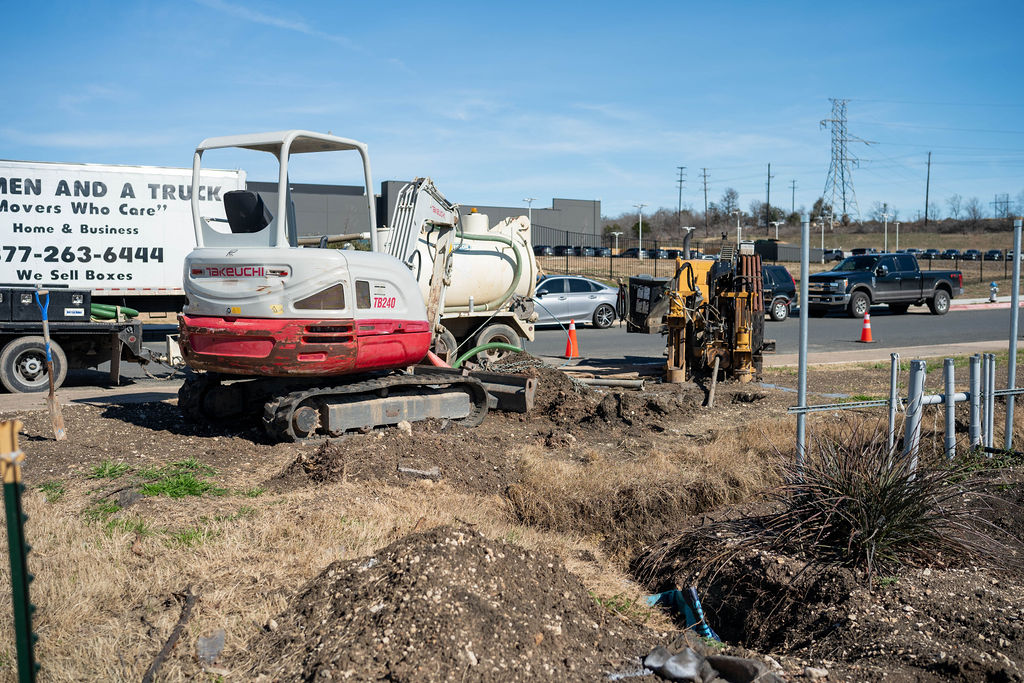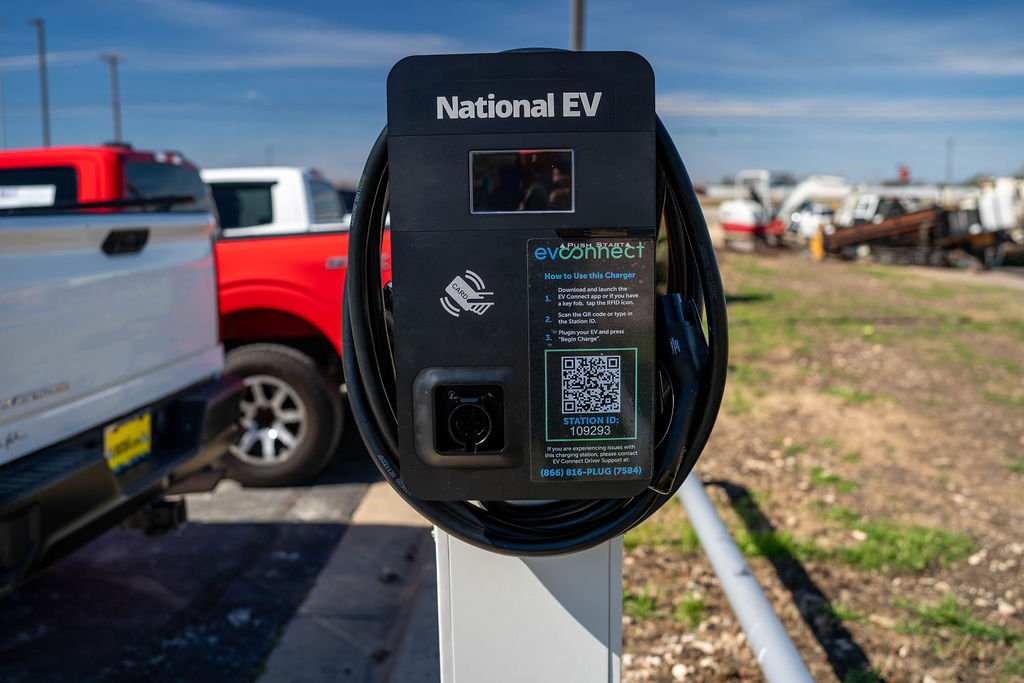It’s natural to be concerned about the possible dangers of EV charging. After all, a vehicle is such a powerful piece of equipment. Anything that can charge it must be very powerful as well, with the potential for great physical harm to human beings, right?
First, allow us to give you a little pat on the back for raising this question. If you are considering the installation of an EV charging station, it is entirely appropriate for you to begin by considering the safety of the people who would be using the station, as well as those in its vicinity. That concern should rightly be more important than any other considerations, such as those relating to material profit.
The good news is that, if your EV charging station is provided by a reputable company—and you observe the guidelines provided—you have nothing to worry about. And, by the way: commercial-grade charging stations are considerably safer than home charging set-ups, which is one more reason it makes sense for you to install EV charging stations. Many drivers will rightly feel safer charging their EVs at your facility than they would at home.
Charging an electric vehicle at an EV charging station is actually quite safe, as well as easy, when the equipment involved has been independently safety tested and certified. Whenever the manufacturer of a charging station either develops a new product or makes even a minor change to an existing one, samples must be sent to a nationally recognized testing laboratory (NRTL), such as Intertek (featuring the ETL mark) or Underwriter’s Laboratory (represented by the UL mark), the two most common in North America. At these labs, safety engineers perform months of extensive safety testing. The products must pass these tests before they can be safety certified and put on the market. Only products with these marks appearing on the manufactured product’s rating plate are considered to be safety certified.
Electric vehicle supply equipment (EVSE) manufacturers by necessity invest heavily in this kind of third-party safety testing. Safety engineers at the laboratory test the products against literally thousands of applicable electrical codes and safety standards.
Even after passing all the testing and obtaining product safety certification, the factory of the charging station manufacturer is then randomly inspected four times annually. The NRTL field inspection staff ensures that the products offered for sale have been constructed in the same manner as the tested samples. Any changes to the products require going through the certification process once again.
The National Fire Protection Agency (NFPA) is the creator of the National Electric Code (NEC). This code is comprised of the regulatory safety requirements that buildings and equipment must meet in order to be deemed sufficiently safe to be installed and used. It is a strict requirement on the part of the NEC that any EV charging station must be NRTL certified before it may be installed anywhere in the US (this is also the case for the CEC or Canadian Electric Code in Canada).
To ensure that the EV charging stations you install comply with all appropriate regulations, making them completely safe for use, be sure to deal only with a reputable provider. National EV—with website at NationalEV.com—is a leader in the industry, with team members who can patiently address any safety related concerns you might have. Contact National EV today for your free, no-obligation consultation.



